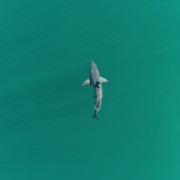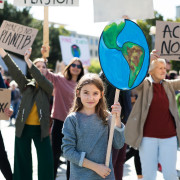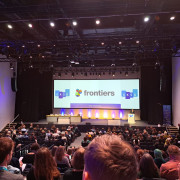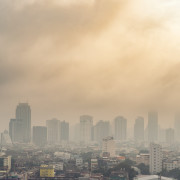- Science News
- Young Minds
- Diversity of the Microbial World
Diversity of the Microbial World
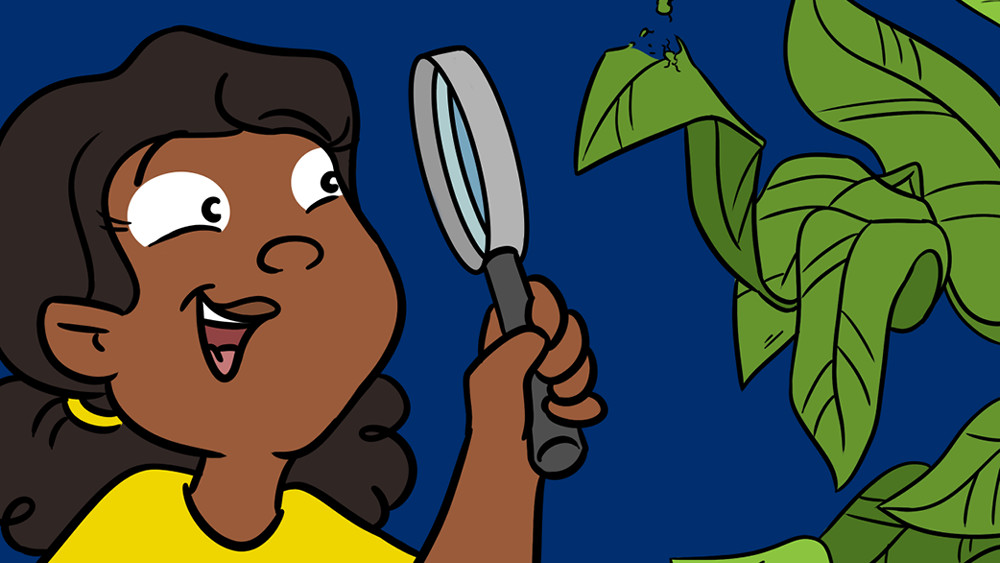
Providing information on microbes – the tiny living beings that are virtually everywhere and are essential to many biological processes – to a younger audience by the means of an article Collection, in both English and Spanish. Two of the involved Science Mentors explain what it is all about: Daniel Bustos-Diaz and Adriana Espinosa.
– By Hedwig Ens
Daniel: “Our Collection is about the fundamentals of microbiology, the importance of microorganisms for the earth’s ecology, and the way in which recent technologies have advanced our understanding of these living beings. We want people to understand that microorganisms are wonderfully varied living beings with phenomenal characteristics – that can work with or against us – and not just some stuff that you wash off your hands regularly.”
Adriana: “I have always been amused by the diversity of all the living forms around us and am thrilled to understand their existence.”
Daniel: “The general knowledge on what microorganisms can do is not only lacking but people can also be dangerously ill-informed! With this in mind, we think that the education of young people could help to mitigate this problem, dispel the myths that have formed around them, and who knows, maybe even inspire someone to work with these fascinating organisms!”
Adriana: “Frontiers for Young Minds is a great platform of reliable information on current advancements in science, and written for young people. It therefore fills an important gap in the current science outreach.”
Daniel: “We would like the younger audience to be able to use the critical thinking of the scientific method in their everyday lives. We also want to show them that science is not the monolithic, repetitive, and boring thing that many people think it is. On the contrary! It is a highly dynamic field in which imaginative people can thrive.”
Adriana: “Practicing science at any level enriches your life: from being amused and learning how to ask questions, to the development of critical thinking and generating knowledge. I think that bringing science to young people offers them the essential tools in life in an informed and resourceful way.”
Daniel: “We involve local kids and Science Mentors here in Mexico with the review process of the manuscripts. We are also working with local scientists, encouraging them to contribute to our Collection. These efforts are not limited to our Collection: we want to make them an integral part of the local scientific community. We want to help bring scientific knowledge to Spanish-speaking countries, as papers will be translated into Spanish after their publication in English.”
Adriana: “We have already invited students to our labs to do some microbiology experiments and discuss a couple of Frontiers for Young Minds articles. With the students expressing interest in peer-review, we continued having a few sessions aimed at explaining the process of science, from the development of questions and ideas to the publishing process, and we started to train critical thinking by discussing and writing small texts. We are now ready and excited to start the peer-reviews.”
Want to participate as an author to this Collection? Read the Collection page of Diversity of the Microbial World. Interested in starting your own Collection – a group of articles covering a central theme from a variety of perspectives and methods, aimed at a younger audience? Contact us at kids@frontiersin.org
